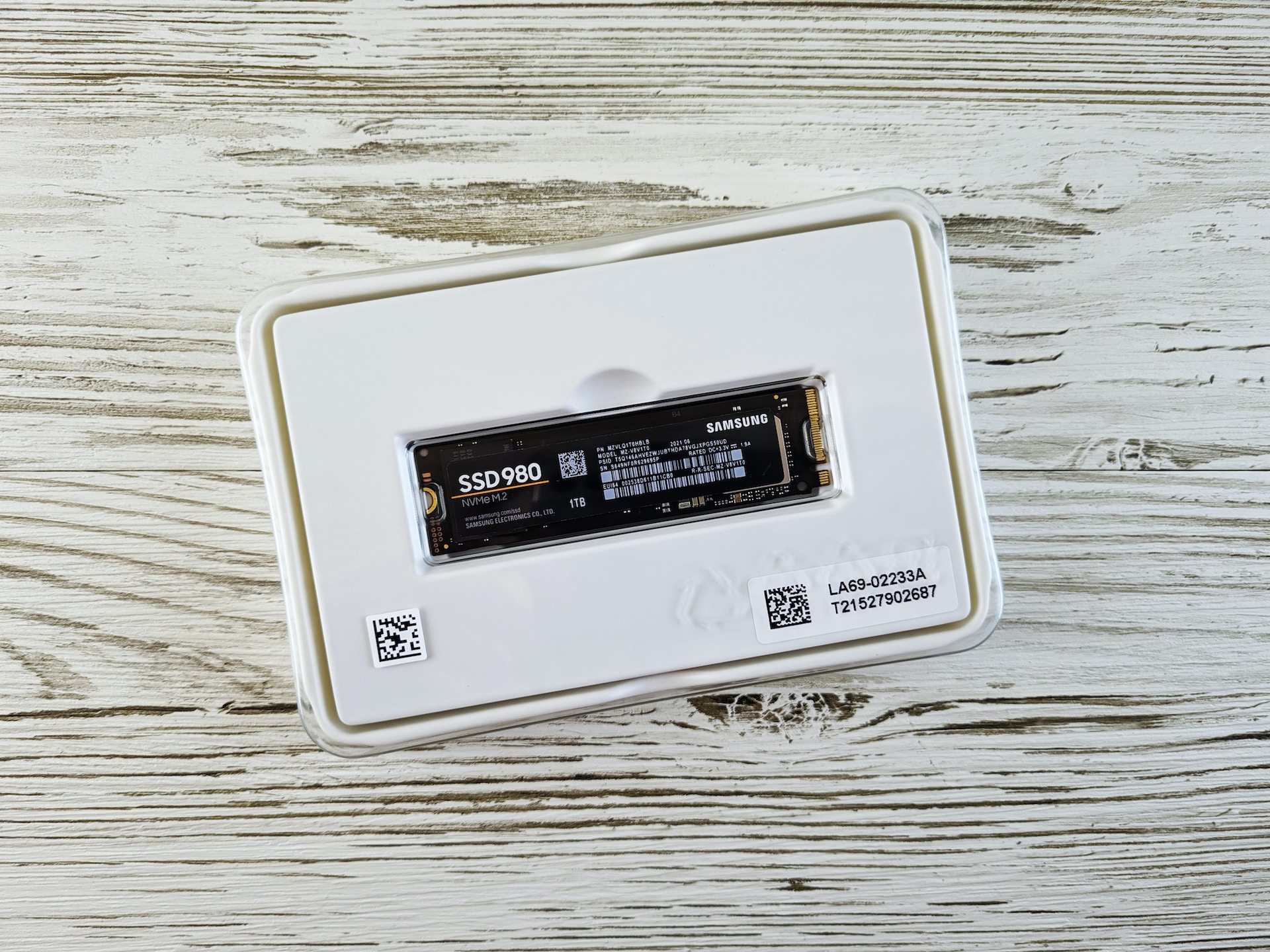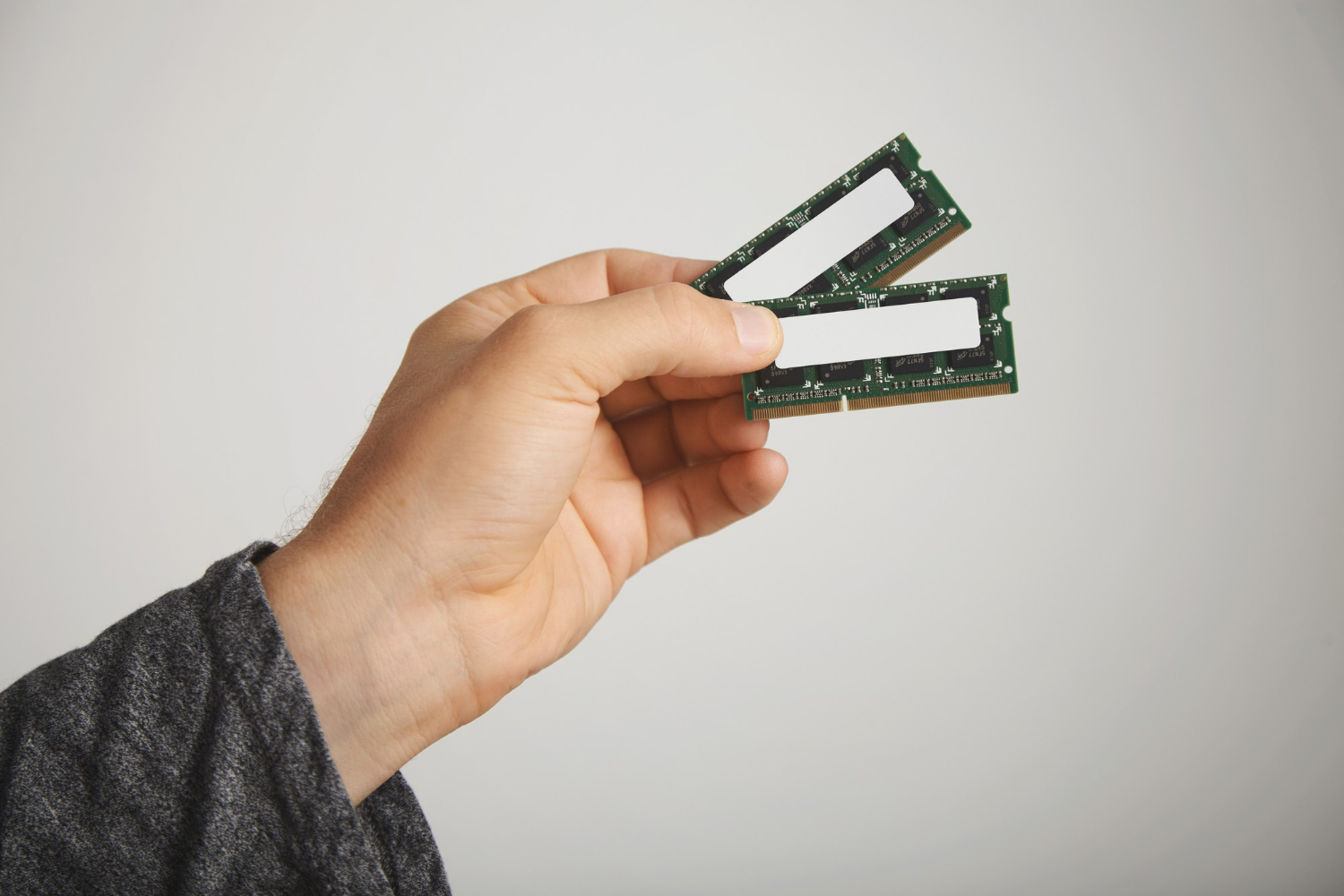
Industrial automation has revolutionised the manufacturing and processing sectors, allowing businesses to streamline operations, improve efficiency, and minimise costs. As industrial automation systems become increasingly advanced, the demand for high-performance, reliable, and adaptable components grows more pronounced. One critical aspect of any automation system is its memory solution, which plays a vital role in the efficient operation, management, and coordination of various devices and processes.
Selecting the appropriate memory solution for industrial automation environments requires a thorough understanding of the unique challenges, requirements, and expectations of these systems. For organisations to address these needs effectively, it is crucial to adopt a proactive approach in determining the optimal memory products, ensuring improved reliability, performance, and data integrity in their industrial automation infrastructure.
In this blog post, we will explore the essential aspects of memory solutions for industrial automation, focusing on key considerations and challenges to be acknowledged, as well as the benefits of highly specialised memory products designed for the demands of this field. By discussing the principles, techniques, and best practices for selecting optimal memory solutions for industrial automation systems, Nexus aims to provide businesses with valuable insights and guidance, empowering them to make informed decisions and achieve the highest levels of efficiency and dependability in their automation infrastructure.
Key Considerations in Memory Solutions for Industrial Automation Systems
When selecting memory solutions for industrial automation systems, several key considerations must be taken into account to ensure optimal performance and reliability:
1. Operating Environment: Industrial automation systems often operate in harsh or fluctuating environments, necessitating memory solutions that can endure factors such as extreme temperatures, vibration, humidity, and electrical noise.
2. Performance Requirements: The rapid pace and computational demands of industrial automation applications call for memory solutions with high-speed data access and transfer capabilities, without compromising data integrity.
3. Data Retention and Recovery: In the event of power loss or system failure, it is essential to have memory solutions that can effectively retain data and enable smooth recovery of operations.
4. Scalability and Adaptability: As industrial automation systems evolve, their memory solutions should be scalable and adaptable to accommodate changes in data volume and processing requirements.
Challenges and Expectations in Memory Solutions for Industrial Automation
Memory solutions for industrial automation must address a range of challenges and expectations, considering the specialised requirements presented by these applications:
1. Real-Time Data Processing: Industrial automation systems often require real-time data processing, necessitating memory solutions with low latency and rapid access times to ensure seamless data management and synchronisation.
2. Security and Data Protection: Ensuring data confidentiality, integrity, and security is vital, as industrial automation systems often handle sensitive information. Memory solutions should incorporate advanced security features to safeguard against potential threats and data breaches.
3. Integration and Compatibility: Integrating memory solutions with existing industrial automation systems requires careful consideration of hardware, firmware, and software compatibility, avoiding potential conflicts or performance bottlenecks.
4. Cost-Effectiveness: Striking the right balance between performance, durability, and cost is crucial, as businesses seek to optimise their industrial automation systems without incurring excessive expenses.
Best Practices for Selecting Memory Solutions in Industrial Automation
To make informed decisions about memory solutions for industrial automation applications, organisations can follow several best practices:
1. Analyse the Application Environment: Thoroughly assess the working environment, evaluating factors such as temperature, humidity, and potential physical stressors, to determine the ideal memory solution capable of withstanding these conditions.
2. Evaluate Performance Requirements: Identify the performance needs of the industrial automation application, including data transfer speeds, storage capacities, and latency, to select memory products that can effectively meet these demands.
3. Review Security and Data Protection Needs: Assess the data security requirements specific to the industrial automation application, particularly in terms of data encryption, authentication, and access control, to choose memory products with robust security features and capabilities.
4. Consult Expert Guidance: Engage with experienced industrial memory providers, such as Nexus, to gain expert advice and support in selecting and integrating the most suitable memory solutions for your industrial automation system.
Benefits of Investing in Specialised Memory Solutions for Industrial Automation
Investing in specialised memory solutions specifically designed for industrial automation applications offers several significant benefits:
1. Enhanced Reliability: High-quality memory solutions designed for industrial automation applications ensure consistent, reliable performance, even in harsh conditions or under heavy workloads.
2. Improved Performance: Specialised memory products for industrial automation offer superior performance in terms of data access and processing speeds, enabling improved efficiency within the automated system.
3. Increased Data Security and Protection: Memory solutions with advanced security features provide essential protection for sensitive data in industrial automation systems, ensuring data confidentiality and integrity.
4. Future-Proof Infrastructure: Choosing scalable and adaptable memory solutions allows businesses to accommodate evolving technology trends and market demands, ensuring that their industrial automation systems remain up-to-date and capable of supporting future growth.
Conclusion:
As industrial automation systems continue to advance and grow in complexity, businesses must take a proactive approach in selecting and implementing memory solutions that can meet the unique challenges and expectations presented by these applications. By comprehensively evaluating the application environment, performance requirements, and data security needs, organisations can make informed decisions regarding their memory solutions and ensure seamless integration with their existing infrastructure.
Nexus recognises the essential role of encrypted memory sticks and other memory solutions in industrial automation and strives to offer valuable insight, guidance, and expertise to help our clients make the best decisions about their memory needs. By staying informed about industrial automation trends and advancements, we aim to support businesses in overcoming challenges and enhancing their automation systems’ efficiency, performance, and reliability, positioning them for success in an ever-evolving technological landscape.







